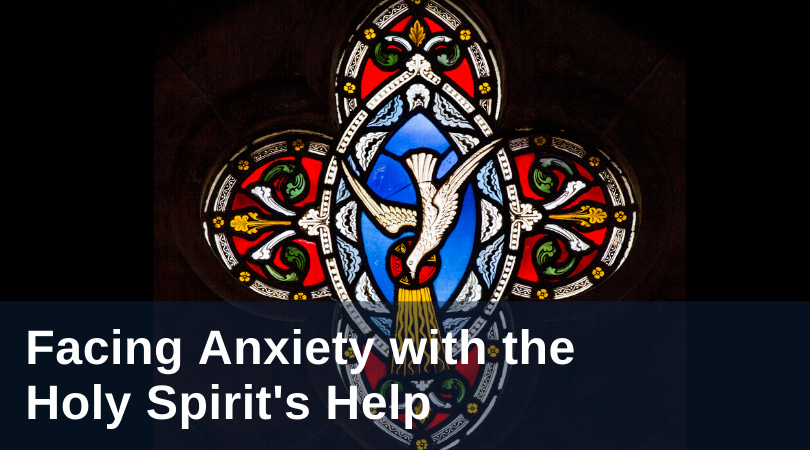
Experiencing anxiety is a common problem that leads many people to seek counseling and therapy. Whether about work, family life, unexpected setbacks, one’s future, or one’s children and their problematic behaviors, anxiety-inducing events abound. Anxiety is the result of threats existing in our lives, whether real or perceived. For those experiencing problematic anxiety, it may be hard to distance from these threats. In the fortunate case that one is able to do so successfully, it is often not long before the threat and associated emotion returns. As a result, we may struggle to be the person God sees within us. We may experience less joy or be more likely to negatively impact the lives of those around us. Outbursts of anger, disputes, and dissension are also common with anxiety. We know that this anxiety is burdensome, but what is there to do about it?
One common misconception is the belief that one simply needs to grit their teeth and bear it—simply power through and deal with it. Drink some more coffee, keep your head down, and stay silent; it won’t last for long. However, these strategies only fail to address the problem and usually result in that problem becoming worse. Connecting with others—either trusted friends or, if the anxiety is chronic or debilitating, a mental health professional—is necessary. But in today’s world, people are so often left to themselves and their own devices, as others are distant or experiencing similar issues. So what to do?
First, recognize that your experience of anxiety is indeed normal and that coping will be your key. As a counselor, I interact daily with people experiencing some form of anxiety. And yet, even though I know how to support these people in their challenging journeys, I myself experience anxiety from time to time. Thus, be comforted in knowing that it’s okay and you’re okay. Experiencing any emotion is normal and can be worthwhile. Jesus himself validates this for us (e.g., John 2:17, John 11:33–36, or Matthew 14:13). It's what you do next that matters.
Many times, people admit that instead of feeling anxiety, they would rather feel comfortable, peaceful, joyful. They would rather be gentle with others and in control of themselves. It is no coincidence that these desires are fruits of the Holy Spirit that St. Paul listed in his letter to the Galatians (5:22–23). In order to experience these fruits, start by recognizing that anxiety-producing threats often come from dwelling on the past or prolonged focusing on the future. We struggle to let things go and or we become overly concerned with our future. Yet, if we bring our minds to this moment, to where our feet are, we find that God has equipped us with an ability to manage the task at hand.
With this in mind, breathing can become your first step toward peacefulness. Our breath becomes shallow when we're anxious, which only produces more anxiety as our bodies temporarily panic and struggle to survive due to a lack of oxygen. The next time you’re feeling anxious, close your eyes, stop moving, and take a long, slow deep breath in, and a slow, longer breath out. And when we combine that breathing with prayer (e.g., “Come, Holy Spirit”), a truly transformative experience occurs. This momentary prayer of breathing in God’s restorative grace and breathing out tension opens us up to receiving the fruits of the Holy Spirit.
Like what you read? Submit your email below to have our newest blogs delivered directly to your inbox each week.
Featured image by Fr. Lawrence Lew, OP; CC-BY-NC-ND-2.0.


